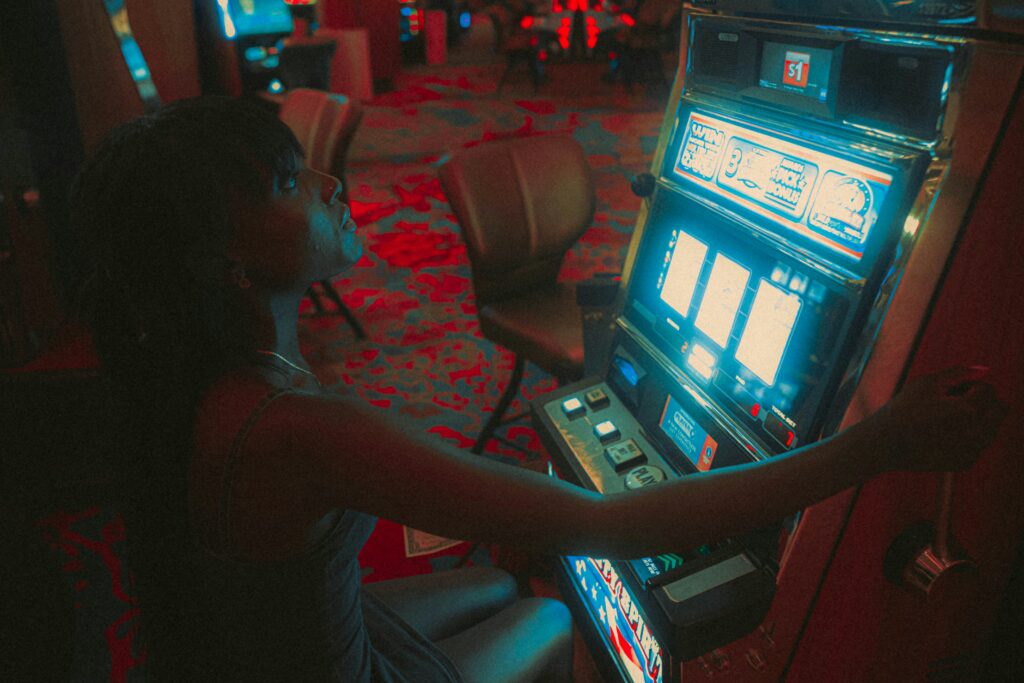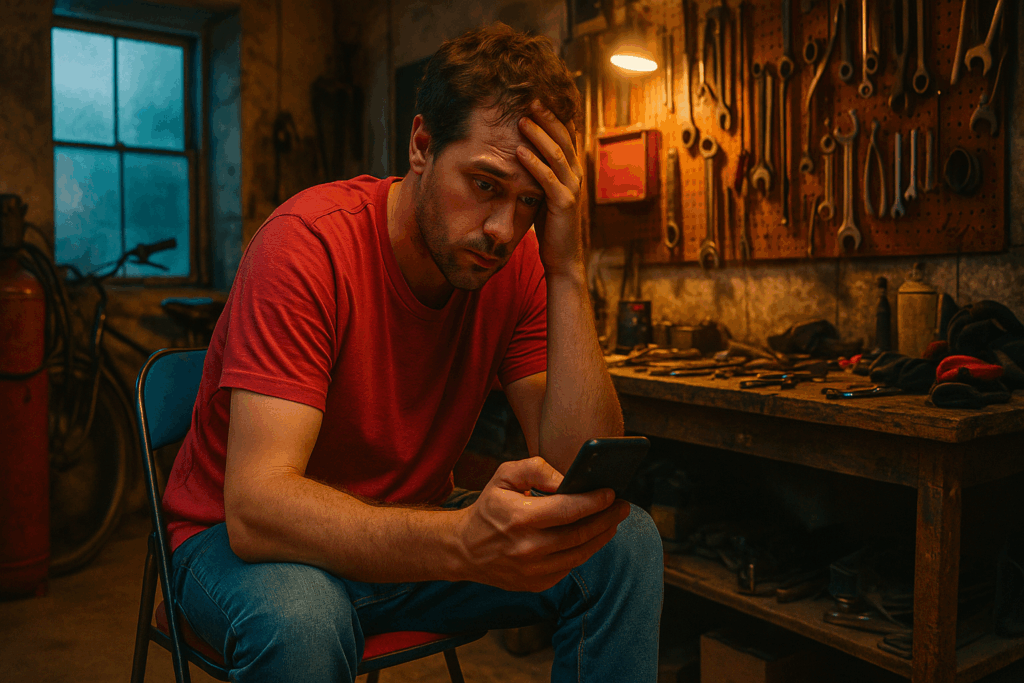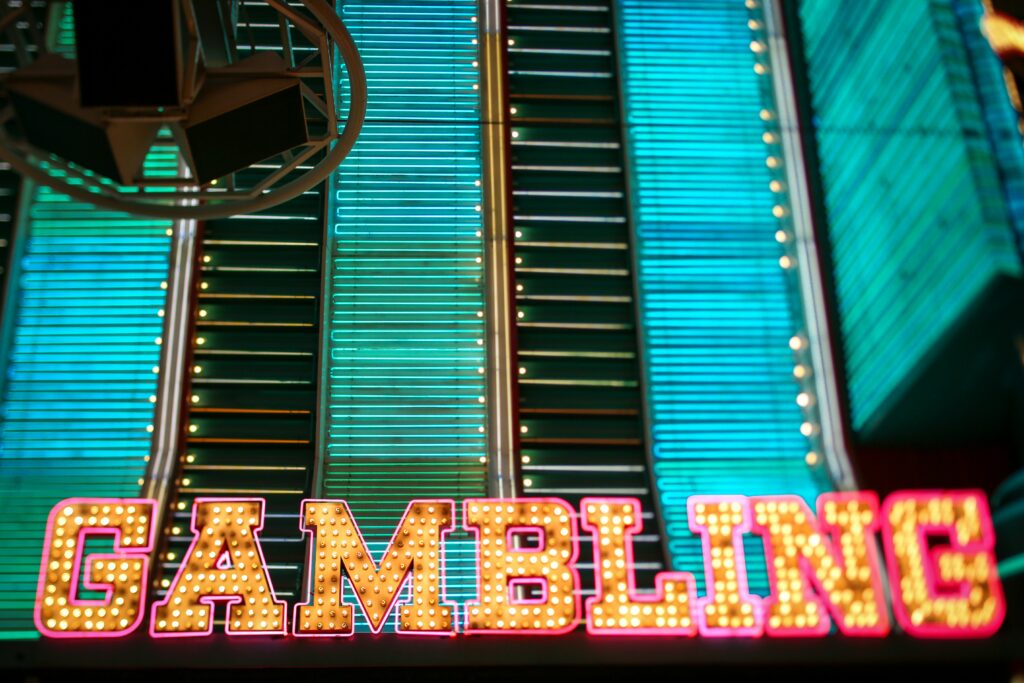Understanding Gambling Addiction
Gambling addiction doesn’t always look like someone sitting in a casino 24/7. It can live quietly in apps, late-night sports bets, or online poker games. It’s not about how often you bet—it’s about losing control. When someone starts chasing losses, lying about their habits, or prioritizing gambling over rent, meals, or relationships, that’s when the warning bells should ring.
Common signs? They talk obsessively about bets. They hide bank statements. They become irritable when they can’t access a gambling app. Or they find reasons to celebrate or vent with a wager—it becomes the response to everything. You might spot sudden debts, unpaid bills, or even small loans from friends that don’t get repaid. Emotionally, you’ll likely see guilt, shame, and a growing distance from loved ones.
This isn’t only about dollars lost. Gambling addiction can unravel a person’s mental health, cripple finances, and create rifts in families. It’s an invisible strain with real-world consequences. Knowing what to look for is the first line of defense—for yourself or someone you care about.
First Steps Toward Recovery
Acknowledging the problem isn’t a dramatic moment—it’s often a quiet, uncomfortable one. It’s looking at your bank statement and realizing this month looks like last month. It’s seeing your sleep schedule slip, again. Admitting there’s a gambling problem can feel like a loss in itself. But without that first straight look in the mirror, nothing else starts. Denial is easy. Change isn’t.
Talking to someone—anyone—is where recovery gains traction. Addiction thrives in isolation. When shame is bottled up and kept in the dark, it grows. Speaking it out loud to a friend, a counselor, even a stranger in a group—helps break that cycle. You don’t need a perfect support system ready to go. You just need connection. That can be the turning point.
Taking back control doesn’t mean never slipping or erasing the past. It means choosing to step forward over and over, even when it’s messy. It could be canceling a betting app. Setting a spending limit. Dialing a hotline before logging in again. These are small things that build real traction. Recovery isn’t about doing everything right—it’s about doing the next right thing, one decision at a time.
Professional Help: What Are the Options?
When it comes to treating gambling addiction, professional help can make all the difference. While it might feel intimidating to take that first step, knowing what’s available—and what actually works—can empower individuals and families to seek the right kind of support.
Certified Gambling Counselors
Gambling-specific counseling is a focused approach that helps individuals understand the root causes of their behavior and learn how to manage it. Certified gambling counselors are trained professionals who specialize in this type of addiction.
How to Find a Certified Gambling Counselor:
- Visit your local mental health service provider’s website
- Search directories from national support organizations like:
- National Council on Problem Gambling (NCPG) [https://www.ncpgambling.org/]
- Gamblers Anonymous (GA)
- Many therapists now offer online consultations for easier access
Evidence-Based Therapy Options
Not all therapy works the same way for everyone—but certain approaches have shown strong results in treating gambling addiction:
Proven Therapy Types:
- Cognitive Behavioral Therapy (CBT):
- Helps identify harmful thought patterns and replace them with healthier coping mechanisms
- Group Therapy:
- Offers peer support and shared accountability
- Normalizes experiences and reduces shame
- Family Therapy:
- Rebuilds trust among loved ones
- Helps manage conflicts and support the recovery process together
Free and Confidential Support Services
For those unsure where to turn—or hesitant to speak face-to-face—confidential help lines and chat services provide a lifeline.
Hotlines and Online Chat Services:
- National Problem Gambling Helpline: 1-800-522-4700 (available 24/7)
- 211 Service: Call 2-1-1 for local addiction resources in the U.S.
- Online Chat:
- Many organizations now offer secure chat rooms and mobile apps for anonymous support
- NCPG and local state departments often run these services directly
These resources are judgment-free, confidential, and free to use. They’re often the first step many people take toward getting help.
Professional support is not a last resort—it’s a powerful starting point toward sustainable recovery.
Tools for Self-Management
When it comes to gambling recovery, willpower alone isn’t a solid plan. You need practical tools that create distance between you and temptation—and help you track your progress as you go.
Start with blocking software. Programs like Gamban or BetBlocker can restrict access to gambling sites across devices. They’re no-nonsense solutions for high-risk moments. Install them early, not after relapse.
Next, use spending trackers and self-exclusion programs. Apps like Mint or You Need A Budget (YNAB) help monitor where your money actually goes. Many gambling platforms also let you voluntarily ban yourself. Use those features. They’re made for this exact reason.
Budgeting is another layer of protection. Set clear, weekly cash limits. Prefer paper ledgers over mental math—high-risk users benefit from routine and visibility. If you’re comfortable, involve someone you trust in the process. Shared accountability helps.
Don’t wait for willpower to run dry. Build systems that work when your guard is down. Start by setting boundaries that stick: Setting Limits – How to Gamble Responsibly.
Support for Families and Loved Ones
Living with or loving someone with a gambling addiction can feel like you’re walking a tightrope. You care, but you can’t keep enabling the behavior. Setting healthy boundaries starts with clarity. Define what you will and won’t tolerate—then communicate it without drama. This could mean refusing to cover debts, not bailing someone out after a loss, or creating limits around access to shared accounts. Boundaries aren’t ultimatums—they’re a way to protect both you and the relationship.
Cutting ties isn’t always the answer. In fact, staying connected can play a key role in recovery—as long as it’s on healthier terms. That’s where support groups come in. Programs like Gam-Anon give families and friends the space to vent, learn from others, and figure out how to care without losing themselves in the chaos. Many meetings are free, anonymous, and offered both in person and online. The point is: you don’t have to white-knuckle this alone.
If children are in the home, honesty (in age-appropriate language) matters. Avoid sugarcoating or labeling their loved one as ‘bad.’ Instead, focus on the issue: “Dad has a problem with gambling. It’s something that makes life harder for all of us, and he’s working on it.” Kids are observant. Offering simple truths helps them process the situation—and trust you more.
Finally, joint finances are often the messiest piece. If you’re married or share money, consider moving to separate accounts or having a third party (like a financial advisor or trusted family member) help manage budgeting. Limit access to savings. Many banks offer tools to restrict certain spending categories. Being proactive doesn’t mean you’re giving up—it means you’re taking control of what you can.
This season of life is hard, but it’s not hopeless. You can stay connected, stay compassionate, and still stay protected.
Community and Peer Support
Going it alone rarely works. That’s why community support—offline or on—is essential for recovery from gambling addiction. For many, the first step into connection starts with a Gamblers Anonymous (GA) meeting. Expect a low-pressure, confidential space. No signup sheet, no judgment. The format is simple: people talk, others listen. Stories are shared, not solutions. And in that, there’s a strange kind of power. Just hearing someone else say what you’ve been thinking can knock a crack in the wall isolation builds.
If in-person meetings feel like too much too soon, there’s a growing network of online support that runs around the clock. Forums, moderated chat rooms, peer-to-peer apps—all designed to keep you accountable and off the edge when urges hit at 1 a.m. Most are anonymous, many are free, and none require you to show up polished or perfect.
Because here’s the truth—discipline is great, but it doesn’t carry the weight that shared struggle does. Community does what willpower can’t: remind you you’re not the only one fighting this. And that even if you stumble, people will still walk with you.
Moving Forward: Rebuilding Life After Gambling
Rebuilding after gambling addiction isn’t a checklist—it’s a deliberate, often messy commitment to change. Trust takes time, both the personal kind and the financial kind. Making amends doesn’t mean just saying sorry—it means showing up, being consistent, and sticking to new habits even when the shine wears off. Whether it’s paying off debt in small chunks or simply not hiding your activities, every honest step counts.
Milestones matter. One week without gambling, six months of accountability, a paid-off credit card—these are real. But they can also be dangerous. Celebrating too casually or too hard can crack the foundation. The key is to use those wins to reinforce the why behind the effort, not justify a break from it.
This phase isn’t just about the individual. Families, too, can come out stronger—if they commit to transparency and real dialogue. That includes uncomfortable conversations, shared financial planning, and sometimes, counseling together. Recovery is work, but it’s also where trust is rebuilt from the ground up. Everyone involved needs to show up, stay honest, and hold space for both progress and setbacks. That’s how forward becomes the new normal.
Final Thoughts
If you’re struggling with gambling, or watching someone you love spiral, know this: you’re not alone. Not even close. Help is available—and not in some vague, theoretical way. People get better every day using real tools, real support, and proven steps.
Recovery isn’t a fantasy. It’s not rare. It’s not just for some people. It’s something thousands do, every year, by facing the truth, reaching out, and staying connected. For many, it starts with a single honest conversation. Others begin with a late-night hotline call or their first support meeting. It doesn’t really matter how you start—what matters is that you do.
You don’t need to map out the whole road. Just take one step. Say the thing you’ve been holding back. Ask for help or look up a local meeting. That first move cracks the armor. After that, it’s still work—but you’re no longer doing it in the dark.
You’re not broken. You’re rebuilding. And there’s a world of people ready to walk with you.
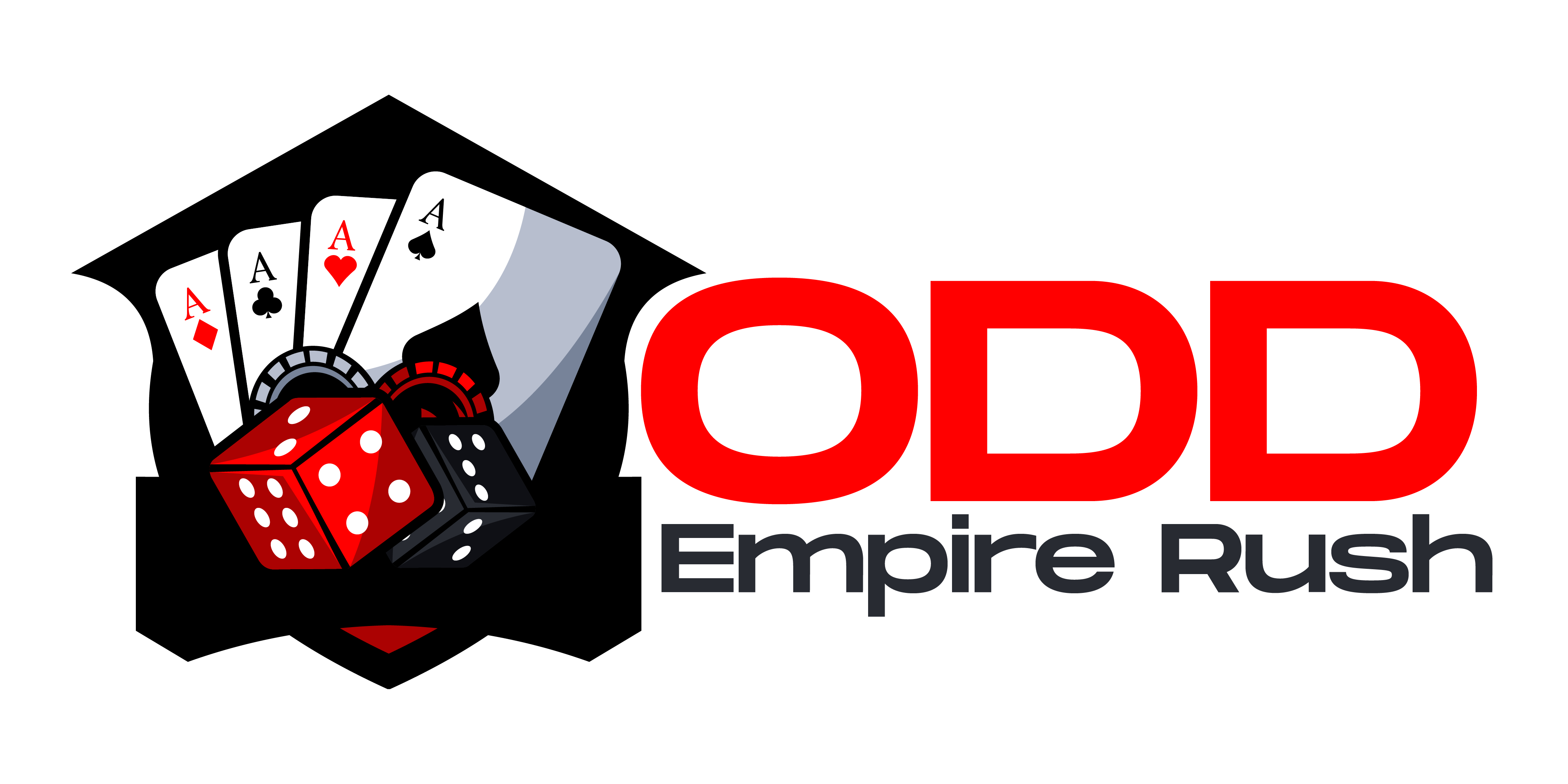
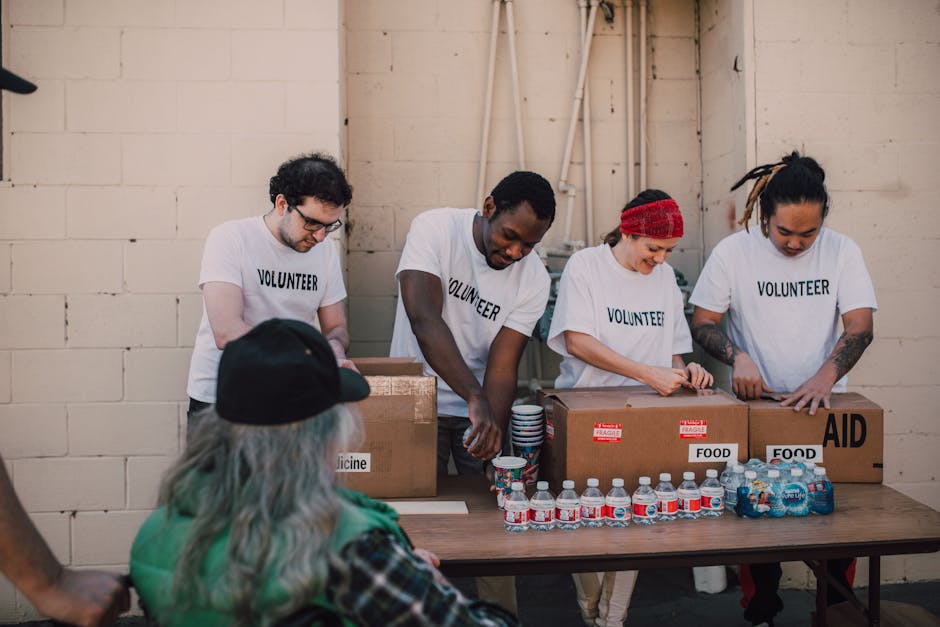
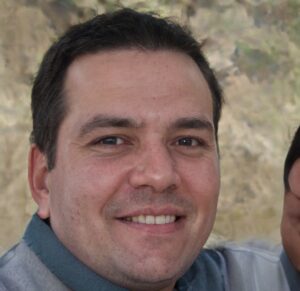 Irving Burnsenal is a contributing author at oddsempirerush.com. With a passion for sports analysis and data-driven writing, he provides readers with clear insights into betting strategies and industry trends.
Irving Burnsenal is a contributing author at oddsempirerush.com. With a passion for sports analysis and data-driven writing, he provides readers with clear insights into betting strategies and industry trends.